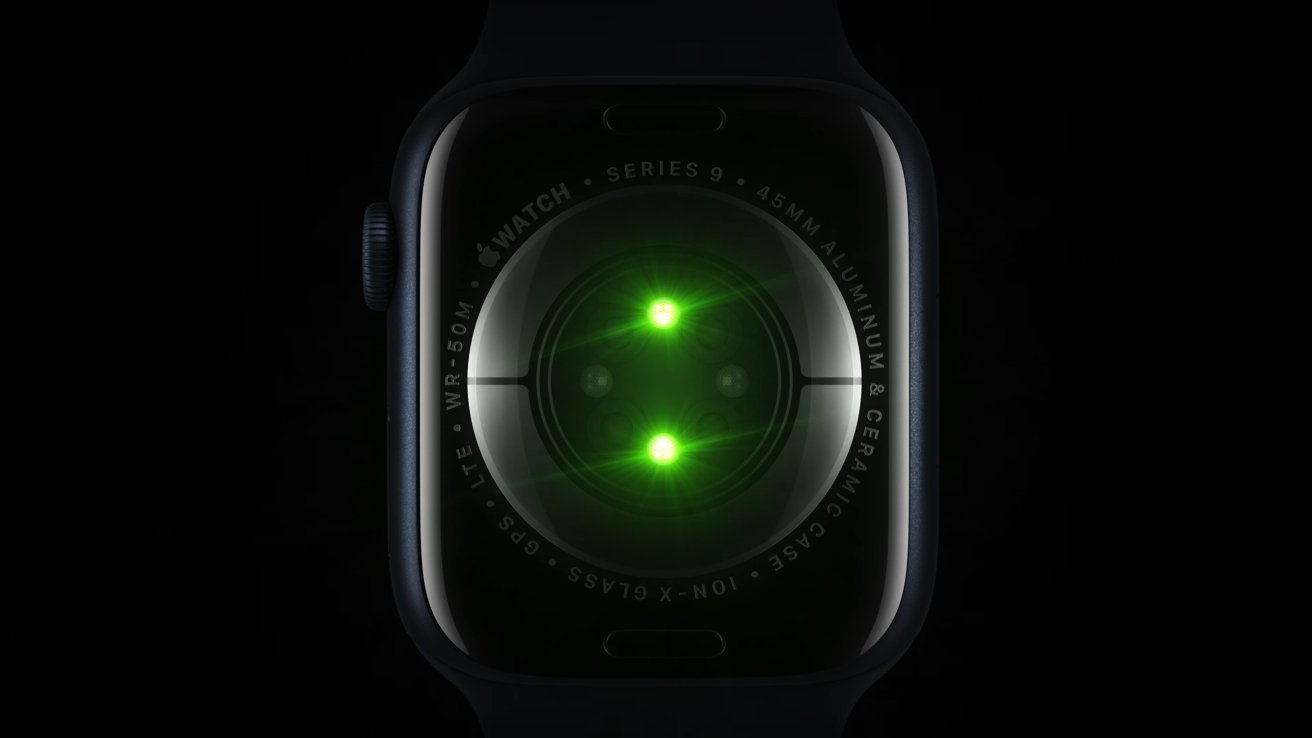Apple will be stopping sales of the Apple Watch in the United States, in order to comply with an ITC ruling in its patent infringement dispute with Masimo.
With the Apple Watch import ban in the United States set to start from Christmas Day, Apple is bracing itself for the ban being upheld by the Biden administration.
Confirmed to AppleInsider, it is putting a hold on sales of its newest models from December 21 from the online Apple Store. For Apple Stores, sales of the Apple Watch Series 9 and Apple Watch Ultra 2 will stop after December 24.
In a statement, Apple acknowledges that the Presidential Review Period is in progress. It also notes that the review period doesn’t end until December 25, and so it is preemptively taking steps to comply with a ban.
The full statement from Apple on the matter, first spotted by 9to5Mac on Tuesday morning, is clear about the steps that the company will take in the short-term.
A Presidential Review Period is in progress regarding an order from the U.S. International Trade Commission on a technical intellectual property dispute pertaining to Apple Watch devices containing the Blood Oxygen feature. While the review period will not end until December 25, Apple is preemptively taking steps to comply should the ruling stand. This includes pausing sales of the Apple Watch Series 9 and Apple Watch Ultra 2 from Apple.com starting December 21, and from Apple retail locations after December 24.
Apple’s teams work tirelessly to create products and services that empower users with industry-leading health, wellness, and safety features. Apple strongly disagrees with the order and is pursuing a range of legal and technical options to ensure that Apple Watch is available to customers.
Should the order stand, Apple will continue to take all measures to return the Apple Watch Series 9 and Apple Watch Ultra 2 to customers in the U.S. as soon as possible.
Apple Watch import ban: the story so far Medical company Masimo filed a lawsuit with the U.S. District Court in 2020, claiming Apple stole trade secrets and violated patents with the blood pulse oximeter in the Apple Watch. This was followed up by a U.S. International Trade Commission filing in 2021.
An import ban wouldn’t affect the public as the sensor isn’t “essential to the public health or welfare,” Massimo reasoned. This was due to Apple’s warnings in fine print that the measurements from the sensor “should not be relied upon for medical purposes,” Masimo declared.
While the District Court trial ended in a mistrial and didn’t resume, the ITC did rule in favor of Masimo in January. In October, the ITC then issued an order barring the U.S. import of any Apple Watch models that violated Massimo’s patents, triggering a 60-day review period with the White House.
If the White House review agrees with the ban, it will be enforced from December 25, halting the import and sale of the products. Apple could still appeal the decision from the ITC, but not until after the 60-day review period concludes.
It is almost certain Apple will contest the import ban, as otherwise it will theoretically last until the patent itself expires in August 2028. The appeal filing will probably contain a request to hold off the ban until another review takes place, though the court could decide not to temporarily lift it.
The ban’s effects on consumers Existing Apple Watch owners won’t be affected by the ban, as it only applies against the import for sale and the sale of the wearable. For potential Apple Watch buyers, the ban will prevent sales of affected models.
Those models include the Apple Watch Series 6 and later iterations. Earlier models and the Apple Watch SE are unaffected due to the lack of the blood oxygen-sensing feature.
Apple’s warranties will also be operating as normal, so any purchased devices within warranty can still be serviced by the company.
Consumers in countries and territories unaffected by the ITC ruling won’t feel the effects of the ban, with Apple Watch sales continuing outside of the United States as usual.



Could Apple disable the oxymeter until this is resolved?
I don’t think so, not in this case. From what I understand the fact that the hardware exists on the watch is the problem. Back when something similar happened with FaceTime it was easier for Apple to deal with because they were able to fundamentally change how FaceTime works since it was entirely software.
Well RIP I was really looking forward to upgrading to an ultra 2